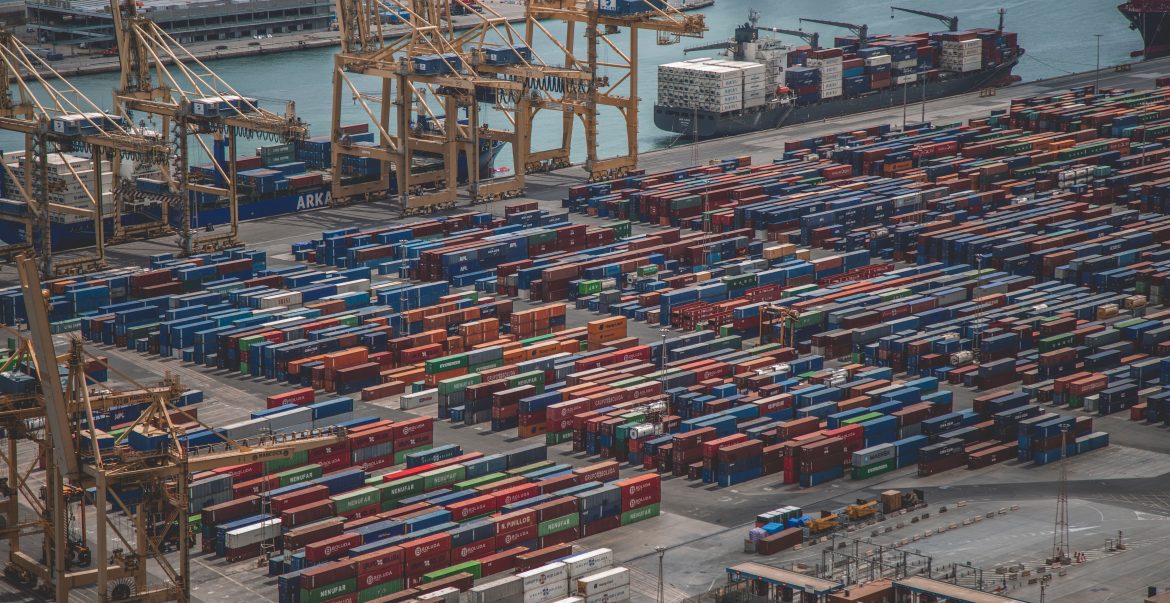A series of attacks on the Red Sea, one of the world’s most important shipping routes, has led to massive supply chain disruptions, hitting manufacturers in the European region. Carmakers like Tesla and Geely-owned Volvo Cars are suspending some production in Europe due to a shortage of components. Tesla will suspend most car production at its factory near Berlin from January 29 to February 11 while Volvo will halt output at its plant in Ghent in Belgium for three days next week due to a delayed delivery of gearboxes.
Tesla and Volvo Cars shares fall
Stellantis said that it has seen “almost no impact” on manufacturing and has used air freight in limited instances while BMW, Volkswagen and Renault said production was not affected. However, shares of Tesla fell 3.7% in New York trade and Volvo Cars shares fell 2.8% in Stockholm. “It can’t be believed that they’re alone, only the first to reflect the issue,” Sam Fiorani of AutoForecast Solutions, which tracks automotive supply chains and production told Reuters. “Other automakers could also suffer shortages from the Red Sea conflict,” he added.
Houthi militants attacking Red Sea shipping route
The Iran-backed Houthi militia group from Yemen have been attacking shipping routes in the Red Sea to show their support for the Palestinians and Hamas, the Islamist group that controls Gaza, in its ongoing war against Israel. In response to this, the US and Britain launched a series of strikes on Yemen last week. The series of attacks have disrupted one of the most significant international shipping routes, leading to re-routing of ships around the southern tip of Africa.
Manufacturers taking longer route to avoid Suez Canal
In a bid to avoid the Suez Canal, the fastest route between Asia and Europe (which accounts for about 12% of global container traffic), for an unforeseeable future, manufacturers are taking the longer route. This has resulted in addition of 10 days and USD 1 million in extra fuel to a journey from Asia to Northern Europe, leading to higher freight charges and jump in oil prices for manufacturers.



